AASCU Provosts Inspired by Rutgers University-Newark’s Investment in Faculty
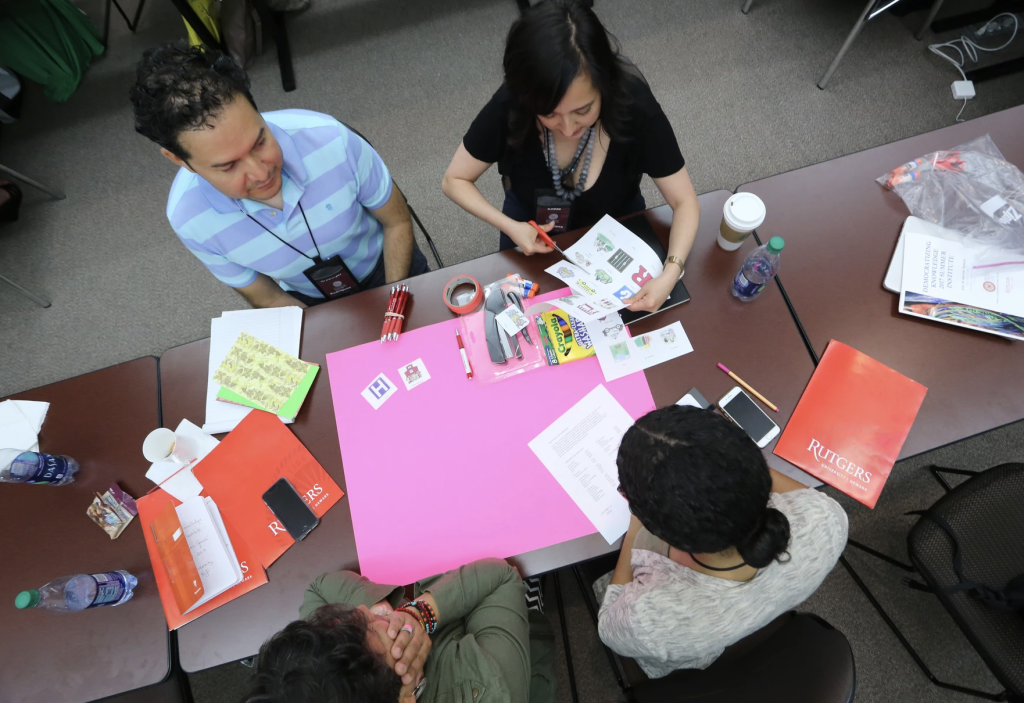
Last week, our friends at AASCU convened 22 provosts for its prestigious Student Success Institute (SSI), a year-long leadership program led by Sova with support from Ascendium. ACUE was delighted to spend time with these leaders, share insights from years of partnership with AASCU-member Rutgers University-Newark (RU-N), and take provosts through a holistic approach to faculty engagement and evidence-based teaching, leading […]
3.7% pt. Higher Retention from Great Teaching
Higher Student Retention Through Quality Teaching
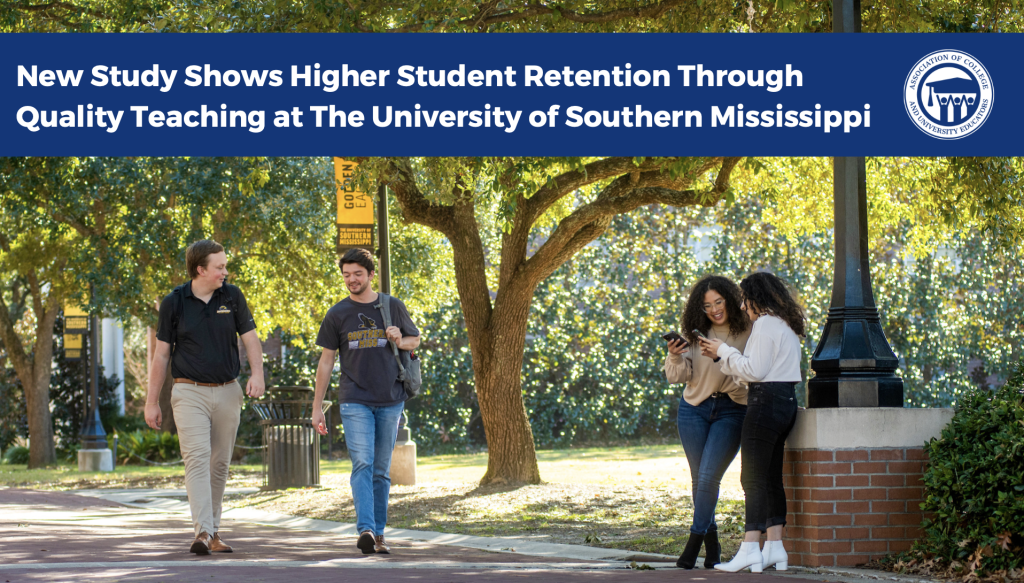
A new two-year study from ACUE and The University of Southern Mississippi shows how investments in quality teaching lead to higher student retention, strengthen achievement, and narrow equity gaps. Five years ago, The University of Southern Mississippi (USM) faced big challenges. In gateway courses, first-year students struggled to pass, and large gaps existed by race and […]
NEWS: ACUE to Lead Major National Student Success Study in Gateway Course
Meet an ACUE Researcher: Theo Pippins
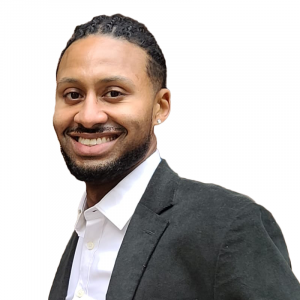
An all-star team of researchers at ACUE is responsible for working with partner institutions to conduct large-scale studies to evaluate the impact of ACUE’s courses on faculty and students at partner institutions. To date, ACUE has published 18 studies that have established an incontrovertible link between the evidence-based teaching of ACUE-credentialed faculty and improved grades, […]
ACUE to Lead Major National Study Examining Impact of Quality Teaching in Gateway Courses
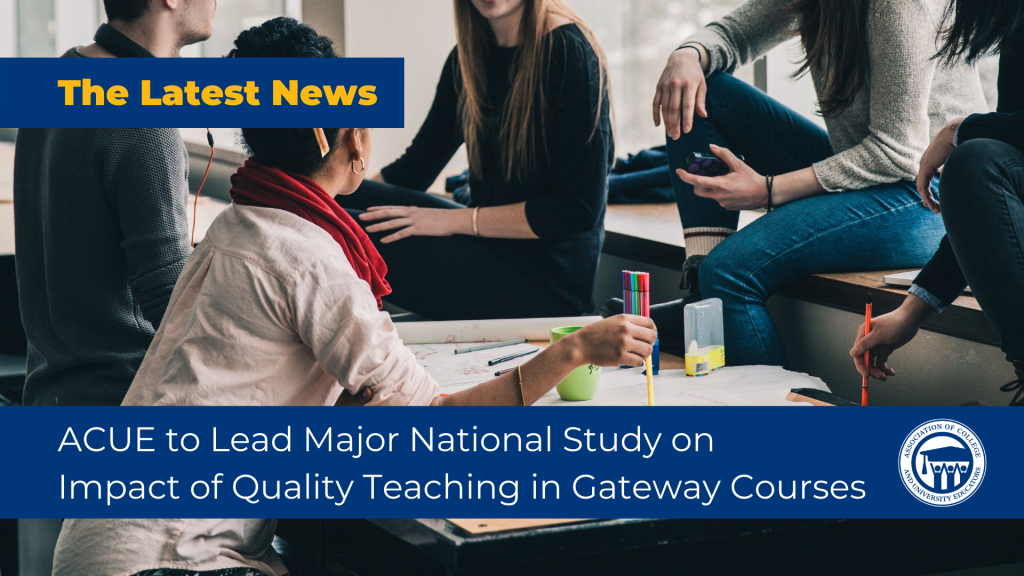
College students are struggling to persist through their “gateway” courses. A new $1.5 million study funded by the Bill & Melinda Gates Foundation will examine faculty impact on student success and equity through evidence-based teaching. Last summer, the Bill & Melinda Gates Foundation asked to learn more about the link between evidence-based teaching and improved […]
How San Jacinto College is Dismantling Barriers to Student Success
Helping Students Persist Through Targeted Feedback
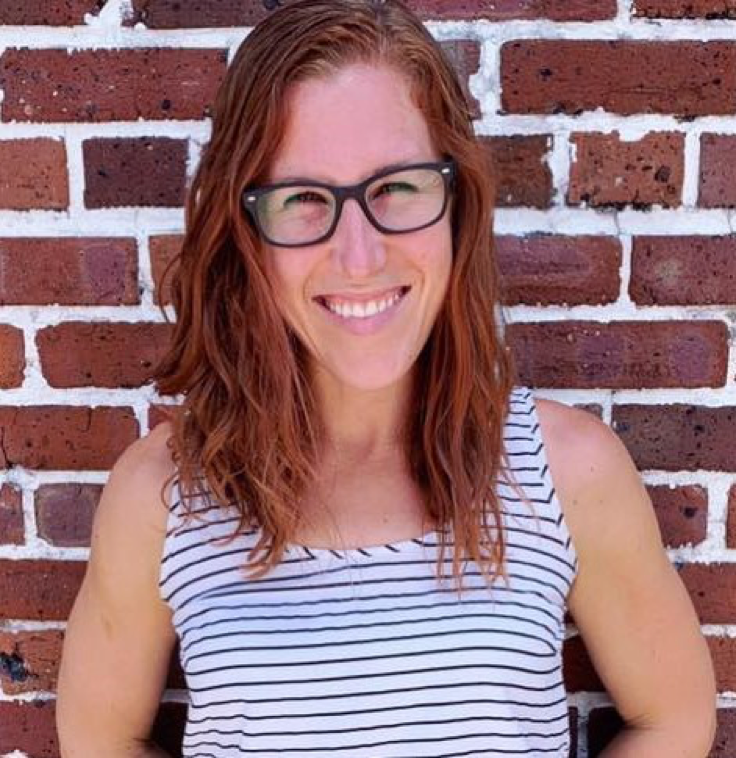
By Amy Sliwinski The “C’s get degrees!” mindset is a nod to a less cheery truth about students’ perceptions of college grading practices: A 70% is good enough. A traditional teaching approach might be to provide the grade along with some written feedback. Then it’s on to the next topic. But instructors know that the […]
How San Jacinto College is Dismantling Barriers to Student Success
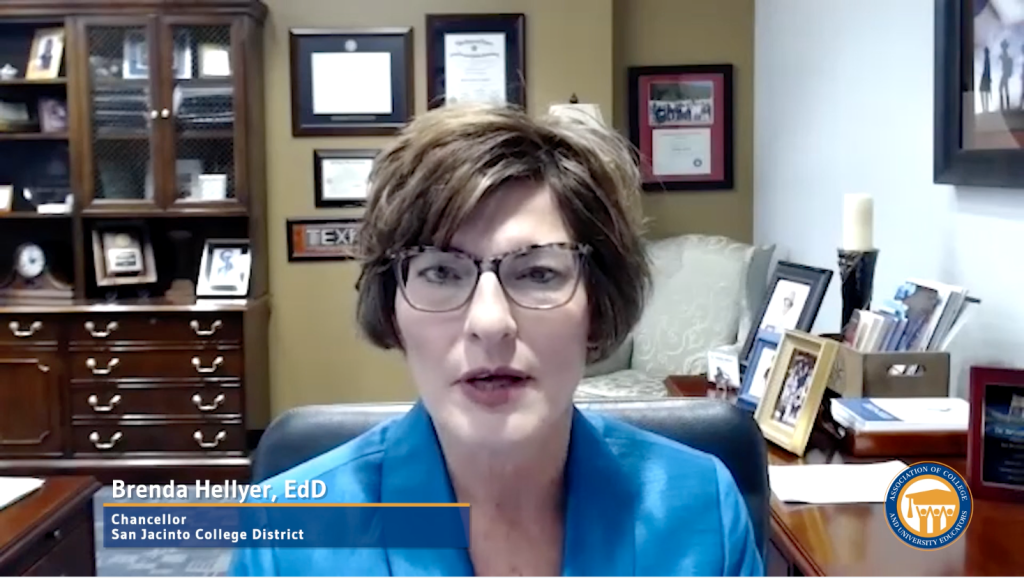
“When I think about how our country can become more equitable, it’s the work you do,” said Dr. Penny MacCormack, Chief Academic Officer at ACUE, at the San Jacinto College Assembly in her keynote address to hundreds of educators. “Every interaction you have with students is important.” In fall 2021, 82 San Jacinto College instructors […]
